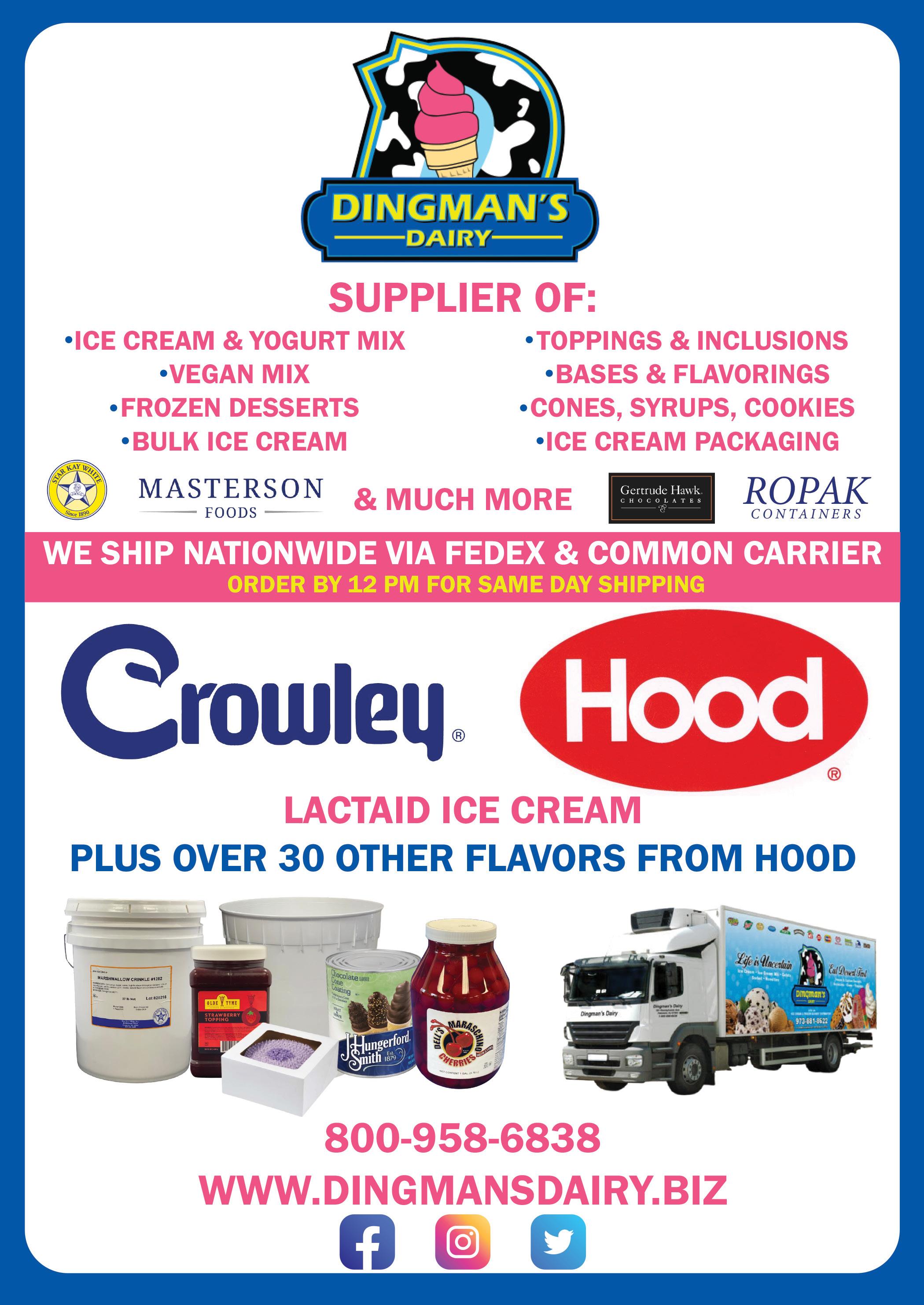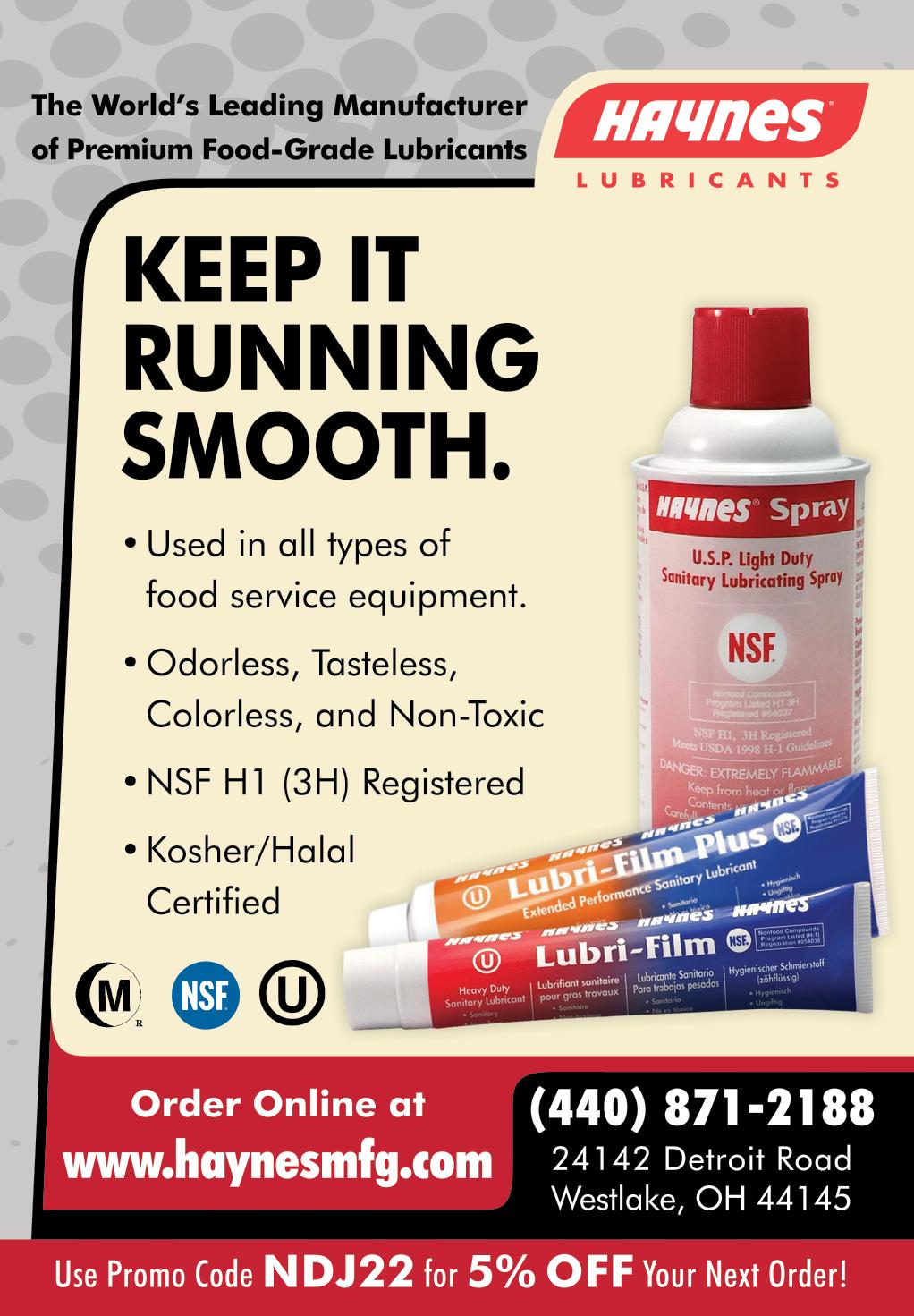Drugs
In the Work Place Editor’s Note: In view of the fact that many states have now legalized Marijuana for recreational use, I decided to reprint this article which was written by Roger Pilotti and was first published in the May/June 2000 issue of The National Dipper. Roger was a Narcotics Agent for 28 years. The statistics have been updated with current information. I have also added descriptions of the signs and symptoms of abuse of each drug. Employees who engage in heavy alcohol or illicit drug use are 33 percent less productive then their coworkers and on average cost their employers $7,000 annually. In total, substance abuse costs American’s employers more than $160 billion per year in accidents, lost productivity and related problems. According to the Substance Abuse and Mental Health Services Administration it is estimated that 75 percent of adults who admit to current illicit drug use (at least once per month) are actively employed either full-time or part-time. This number represents more than 12.4 million individuals. Although those statistics are eye-opening, the problem of substance abuse is particularly distressing within the context of workers’ compensation because several studies have shown that a disproportionately large percentage (approaching 50%) of workers’ compensation claims are related to the use of alcohol or illegal drugs in the workplace. Furthermore, the National Institute on Drug Abuse reports that employed drug abusers cost their employers about twice as much in medi12
cal and workers’ compensation claims as their drug-free coworkers. Work place problems are magnified by the use of drugs and alcohol. Employees are tardy or absent, the employee turnover rate is greater, their attitude is bad, they are problem employees, they cause product defects, decreased productivity, crime and violence. As the larger corporations make in-roads with stricter policies and better drug testing, drug using workers detour to smaller companies, that perhaps cannot afford to have future employees tested for drug use. Most Fortune 500 companies now conduct pre-employment drug testing. Most U.S. workers however, work for small to mid-size companies, many do not do drug testing. According to the National Council on Alcoholism and Drug Dependence (NCADD), more than 70% of those abusing illicit drugs in America are employed; most binge drinkers have jobs as well. Word circulates about which employers test for drugs and which employers do not test for drugs. Those who do not, become the employer of choice for substance abusers. According to the National Survey on Drug Use and Health, 9.7 million people misused prescription pain relievers, 4.9 million people misused prescription stimulants, and 5.9 million people misused prescription tranquilizers or sedatives. Roughly 11% of high school seniors reported prescription drug misuse during the past year, and of those, 44% used multiple supply sources. Drugs like vicodin, a pain
killer, is a drug of choice. Tylenol with codeine, Zoloft, Valium and stimulants. Prescription drugs are as addictive, impairing and destructive as the common street drugs. Someone misusing a prescription for percodan or vicodin can be just as high as someone on heroin. Today you can find doctors who will prescribe any drug for a fee. Among teenagers, who most of you employ, there is no gender gap in alcohol and drug abuse. Girls are 15 times more likely than their mothers were to engage in using illegal drugs by age 15. Teenage boys and girls are equally likely to drink or use illegal drugs. Young employees tend to be more comfortable with drug use. Most of these young drug users will be moving into the work force within the next few years, bringing with them a life style that includes unprecedented comfort with drug use. College graduates who develop a drug habit on campus are less likely to quite using drugs once they enter the work force. Drugs in the Work Place Drug sales have moved from the streets to the work place. It’s a myth that substance abusers are street people. The work place makes an ideal place to sell drugs. A dealer who sells on credit to a co-worker on Monday knows where to find them for payment on Friday. Often users, trying to support their own habits tell their dealers they can help them sell drugs to coworkers. Employers should prohibit all drug use, period. Don’t get into whether they do it on their days off at home.
The National Dipper
July/August 2022






